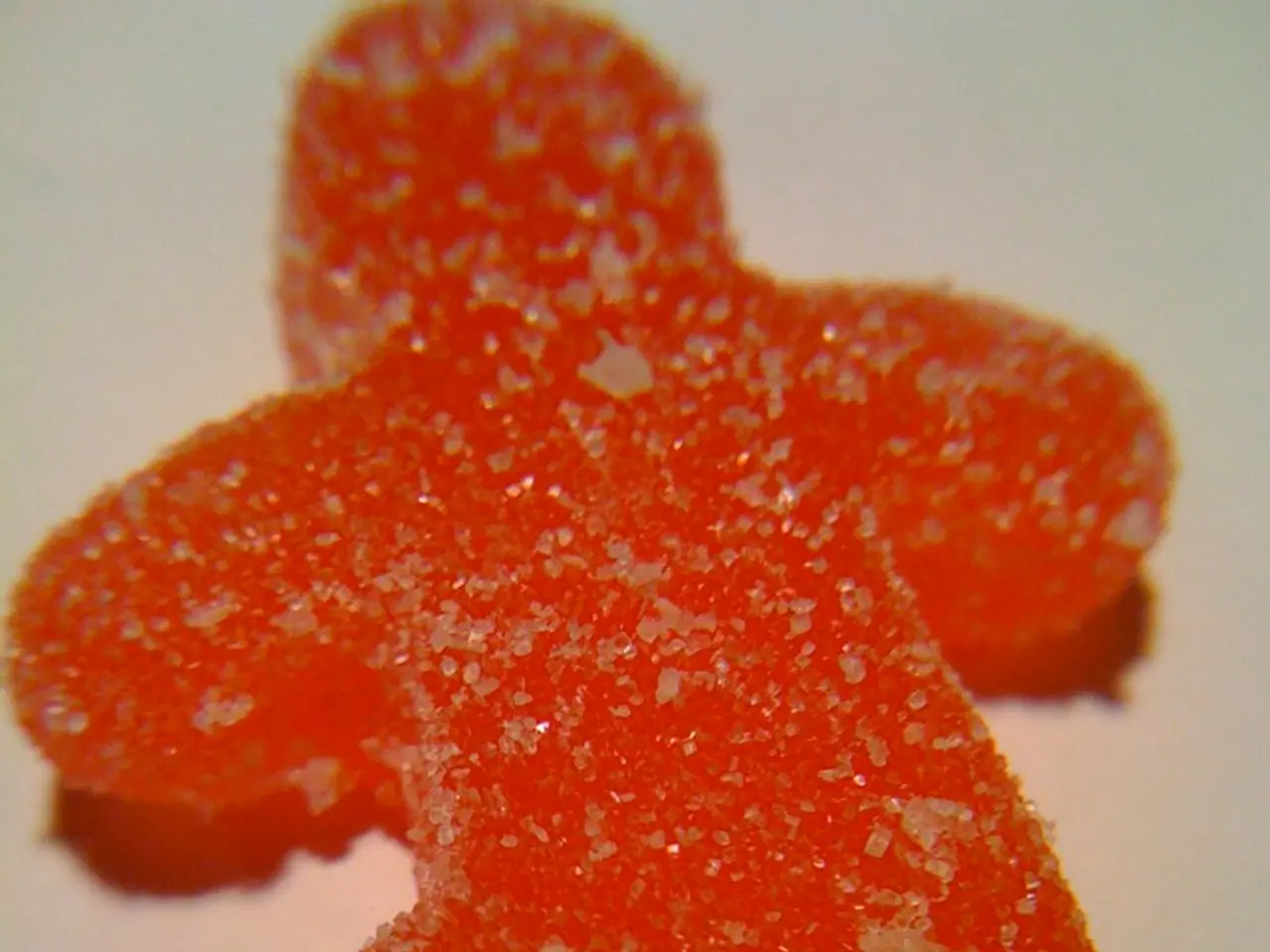Unhealthy sugar sources may not be the same for everyone, new research reveals
In a recent study, researchers from Brigham Young University have investigated the health risks associated with sugar consumption and its relationship to the development of type 2 diabetes. The study, which used advanced statistical models to analyze data from nearly 30 long-term studies from around the world, found that consuming sugary drinks, such as soda, sports drinks, and energy drinks, is strongly linked to a higher risk of developing type 2 diabetes.
The study found that one 12-ounce serving of sugary drink per day raises the risk of type 2 diabetes by 25%. Even a smaller serving, such as an 8-ounce glass of fruit juice, increases the risk by about 5%. In contrast, small daily amounts of sugar eaten in food were linked with a slightly lower risk of diabetes.
Researcher Karen Della Corte stated in a news release that consuming sugar in liquid form is more problematic for health than eating it. She explained that liquid sugars, such as those in sugar-sweetened beverages and fruit juice, appear to harmfully associate with metabolic health. This is due to the rapid glucose absorption and poor satiety signals associated with liquid sugars, which can lead to higher overall calorie intake and insulin resistance.
The study's findings underscore the need for even more stringent recommendations for liquid sugars. Della Corte suggested that future dietary guidelines might consider the differential effects of sugar based on its source and form.
This study highlights that sugar in beverage form poses a unique metabolic challenge that is not as pronounced with sugar consumed in whole foods or other solid forms. The liquid form of sugar tends to cause quicker spikes in blood sugar and insulin levels, which over time increases the risk of type 2 diabetes more than equivalent amounts of sugar consumed from other sources.
This conclusion aligns with current scientific understanding that sugar-sweetened drinks are a more significant dietary risk factor for type 2 diabetes compared to sugars found in whole fruits or other complex foods. The study is the first to draw clear dose-response relationships between different sugar sources and type 2 diabetes risk.
While this study was conducted by researchers from Brigham Young University, further research is needed to confirm these findings and to understand the specific mechanisms behind the increased risk associated with liquid sugars. Nonetheless, the study provides valuable insights into the impact of sugar consumption on health and offers a basis for future dietary recommendations.
The study highlighted that consuming sugar in beverage form increases the risk of type 2 diabetes more than equivalent amounts of sugar consumed from other sources. This Association between liquid sugars and type 2 diabetes risk may be linked to rapid glucose absorption and poor satiety signals, which can lead to insulin resistance and higher overall calorie intake. As a result, the study underscores the importance of considering the source and form of sugar in health-and-wellness recommendations, especially when discussing fitness-and-exercise routines and nutrition. To validate these findings, further medical-conditions research is needed to confirm the specific mechanisms behind the increased risk associated with liquid sugars.




